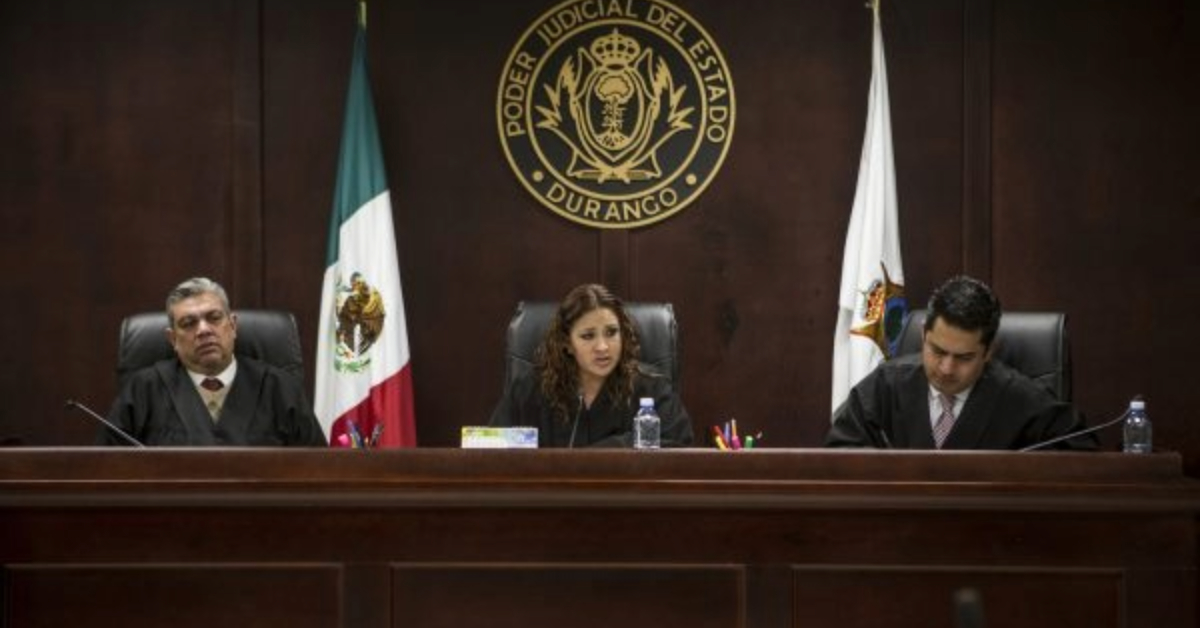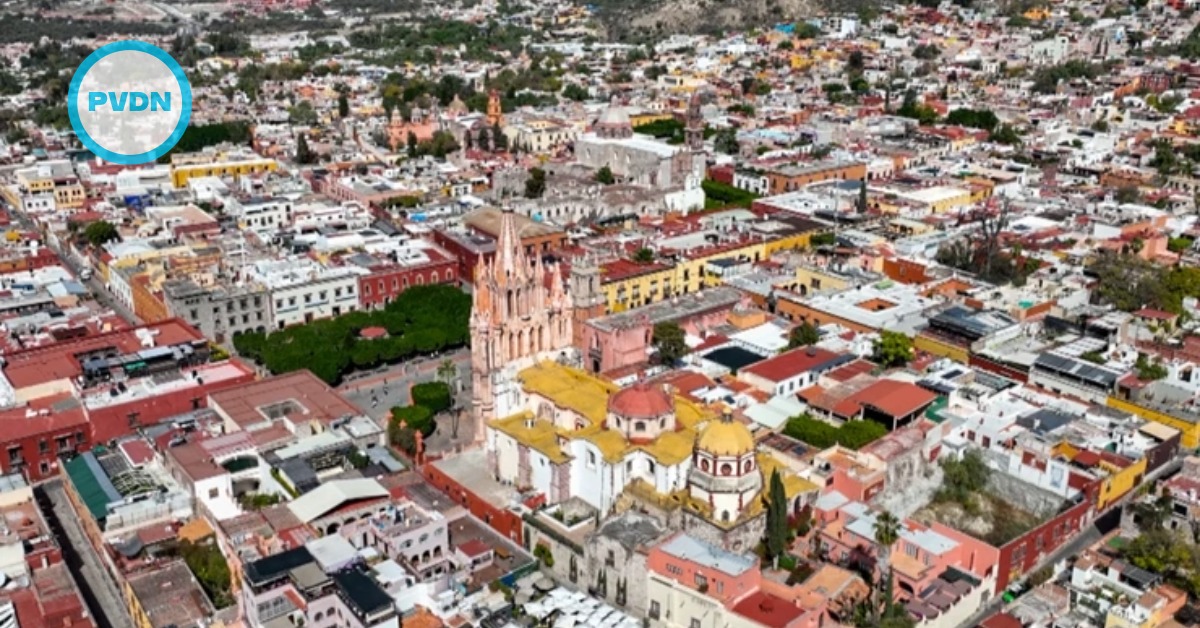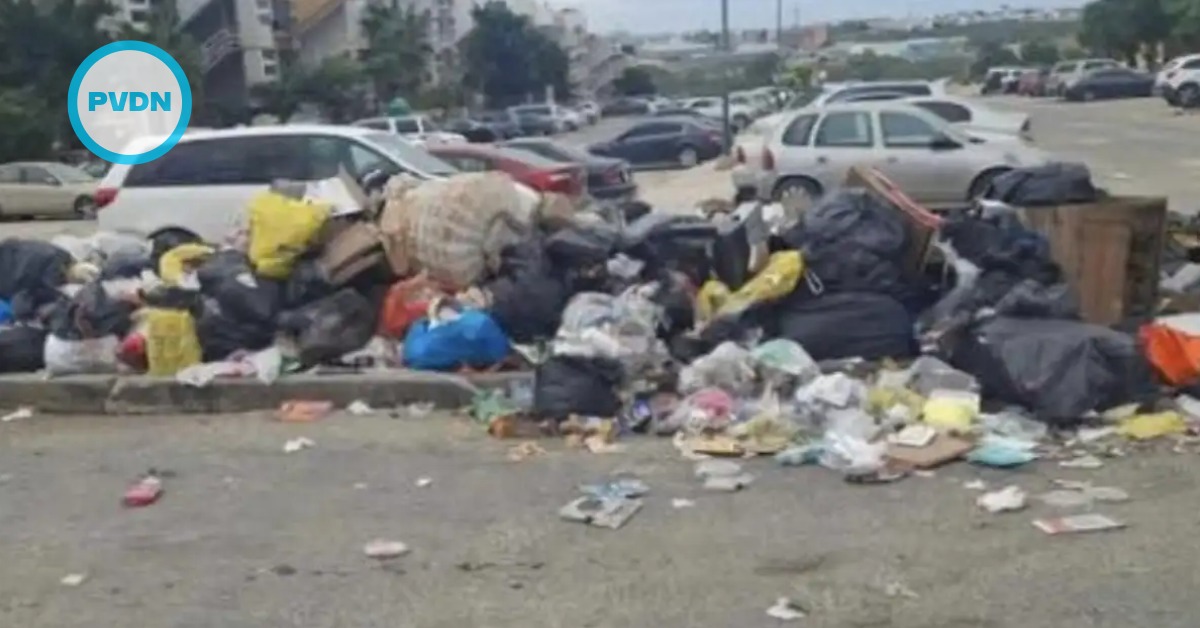Puerto Vallarta, Mexico - Mexico’s Congress has taken a dramatic step toward reshaping the country’s judiciary with a constitutional amendment passed by the House of Deputies on Wednesday. The reform, which allows voters to elect nearly all of the nation's judges, including those on the Supreme Court, has raised alarms both within Mexico and abroad, particularly in Washington and the business community.






